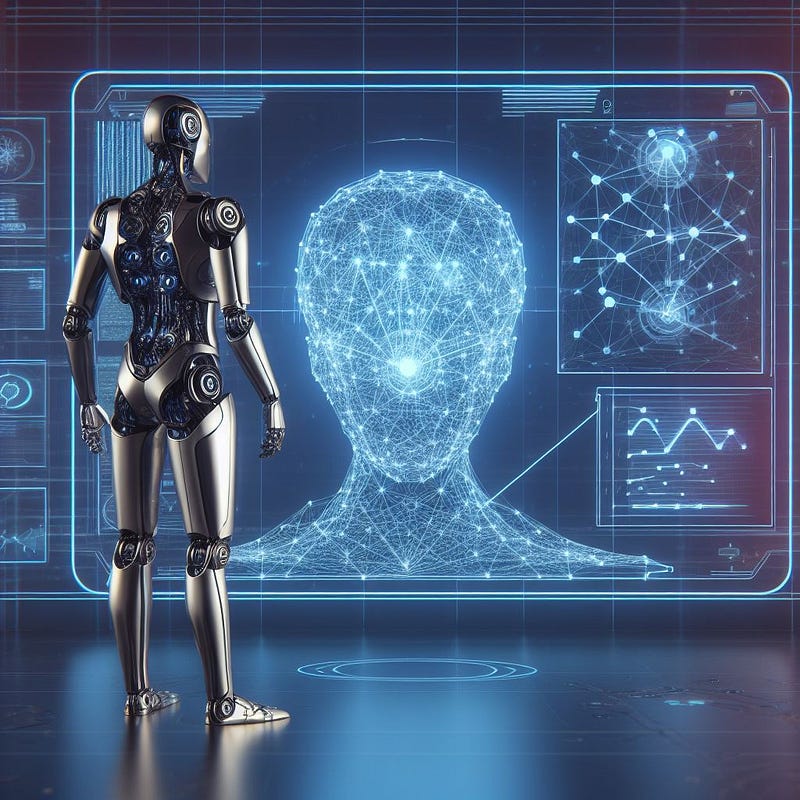# The Evolution of AI: Frank Rosenblatt and the Birth of the Perceptron
Written on
Chapter 1: Understanding Artificial Intelligence
Artificial Intelligence (AI) has emerged as a fundamental aspect of contemporary technology, influencing fields such as healthcare, entertainment, and beyond. The path to its current state is rich and intriguing, marked by significant breakthroughs like the creation of the Perceptron by Frank Rosenblatt.
Who Was Frank Rosenblatt?
Frank Rosenblatt (July 11, 1928 — July 11, 1971) was a prominent American psychologist recognized for his contributions to artificial intelligence. Often regarded as the father of deep learning, his groundbreaking work with neural networks laid the groundwork for future advancements. After completing his studies at The Bronx High School of Science in 1946, Rosenblatt enrolled at Cornell University, earning his A.B. in 1950 and his Ph.D. in 1956.
The Birth of the Perceptron
In July 1958, the U.S. Office of Naval Research introduced an extraordinary invention. An IBM 704, a massive computer weighing five tons, was programmed using a series of punch cards. After 50 iterations, it was able to autonomously differentiate between cards marked on the left and those on the right. This was the first demonstration of the “perceptron,” which Rosenblatt claimed was “the first machine capable of having an original idea.”
Rosenblatt characterized the perceptron as a device “capable of perceiving, recognizing, and identifying its environment without any human intervention or training.” He envisioned that perceptrons could mimic the principles of the human brain, enabling them to learn and make decisions independently.
The Perceptron Algorithm
The initial design of the perceptron involved processing several binary inputs to generate a single binary output (either 0 or 1). The concept relied on assigning different weights to each input to signify their significance. The cumulative value had to exceed a certain threshold for the machine to make a decision—essentially a yes or no (true or false) output.
Here’s a simple illustration of how the perceptron algorithm could be implemented in Python:
threshold = 1.5
inputs = [1, 0, 1, 0, 1]
weights = [0.7, 0.6, 0.5, 0.3, 0.4]
sum = 0
for i in range(len(inputs)):
sum += inputs[i] * weights[i]
activate = sum > threshold
In this example, each input is multiplied by its respective weight, and the results are aggregated. If the total surpasses the specified threshold (1.5 in this case), the output becomes activated.
Conclusion
Frank Rosenblatt's invention of the perceptron set the stage for the development of modern artificial intelligence and deep learning technologies. Despite facing skepticism and experiencing phases of diminished interest in AI, often referred to as “AI winters,” his foundational work has been reaffirmed over time. Today, the principles behind the perceptron have ignited a revolution in AI, with deep learning and neural networks reshaping our world.
